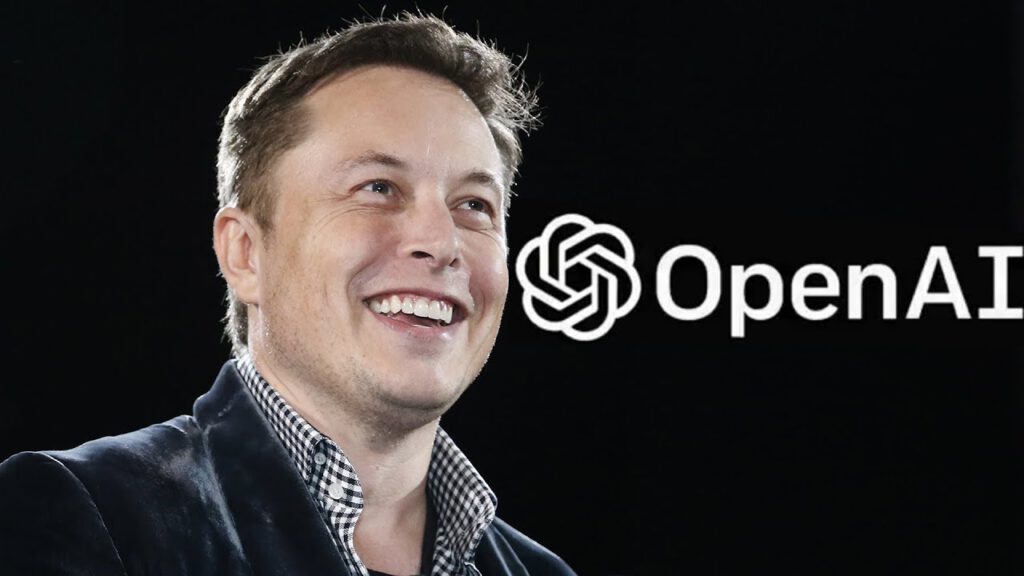
Paris 2024: How is France preparing for the Olympics

France is in the final stretch of preparing for the 2024 Olympics in Paris, which kicks off on July 26th. Here’s a breakdown of their efforts:
Venues and Infrastructure:
- Renovation and Reuse: Paris is focusing on using existing venues whenever possible. They’ve refurbished historic sites like the Roland Garros tennis stadium and Stade de France athletics stadium.
- New Construction: A few new facilities are being built, including the Aquatics Center and the Athletes’ Village. This village will be converted into housing and office space after the Games.
- Focus on Sustainability: Organizers are promoting the Games as the greenest ever, relying heavily on temporary structures and existing infrastructure.
Security:
- Large Deployment: With concerns about terrorism and crowd control, France is deploying a significant security force. This includes tens of thousands of police officers, soldiers, and private security personnel.
- Technological Measures: Advanced surveillance using drones and AI-powered cameras will be used to monitor crowds and potential threats.
Logistics and Transportation:
- Public Cooperation: Officials are encouraging Parisians to work from home or take vacations during the Games to ease transportation congestion.
- Metro Price Increase: Metro ticket prices will double during the Olympics, potentially impacting residents’ commutes.
Overall Tone:
- Excitement and Challenges: There’s a mix of excitement and challenges surrounding the Paris Olympics. Organizers are aiming for a spectacular event with a focus on sustainability, but there are concerns about security costs and disruption to daily life for Parisians.
Here are some resources for you to learn more:
The stage for the Paris 2024 Olympics is set to be spectacular, with a focus on sustainability and innovation. Here’s a breakdown of the key aspects:
Venues:
- Iconic Landmarks: Many of the competitions will be held in iconic Parisian landmarks, such as the Roland Garros tennis stadium , the Stade de France athletics stadium , and the Eiffel Tower, which will serve as the centerpiece of the Games .pen_spark
- Renovated Sites: Historic venues like the Vélodrome National velodrome and the Grand Palais exhibition hall have been refurbished to host events.
- New Construction: A few new facilities have been specifically built for the Games, including the Aquatics Center and the Athletes’ Village . The village will be converted into housing and office space after the Games, promoting sustainable development.
Sustainability Efforts:
- Temporary Structures: Organizers are promoting the Games as the greenest ever, relying heavily on temporary structures for venues like the beach volleyball court.
- Existing Infrastructure: By utilizing existing infrastructure, the environmental impact of the Games is reduced.
Technological Advancements:
- Security Measures: Advanced surveillance using drones and AI-powered cameras will be used to monitor crowds and potential threats.
- Transportation Systems: The Paris Metro is undergoing improvements to handle the expected increase in ridership during the Games.
Overall Ambiance:
The organizers are aiming to create a festive and inclusive atmosphere for the Games, celebrating global athletic achievement and French culture.
Read More







